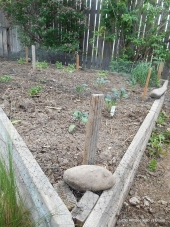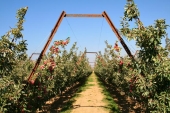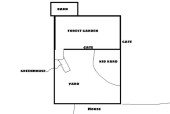












Who knew?
 2
2








 1
1












Urban solutions using permaculture ethics? Providing promotional support to practitioners and consultants, https://www.prosperityhomestead.org/
 1
1








 1
1








 2
2




Tim Southwell
www.abcacres.com
www.facebook.com/abcacres
Youtube: ABC acres




Get involved -Take away the standing of corporations MovetoAmmend.org








J W Richardson wrote:To second John's suggestion, I lived at a place that had a lot of mulberries. When the cherries ripened, the birds seemed to prefer the mulberries.





 2
2




Iterations are fine, we don't have to be perfect
My 2nd Location:Florida HardinessZone:10 AHS:10 GDD:8500 Rainfall:2in/mth winter, 8in/mth summer, Soil:Sand pH8 Flat








James Slaughter wrote:I'm just wondering, what did the orchardist do before the invention of bird netting? Cheers.
 1
1








And the LORD God took the man, and put him in the garden of Eden to dress it and to keep it. - Gen 2:15




Intermountain (Cascades and Coast range) oak savannah, 550 - 600 ft elevation. USDA zone 7a. Arid summers, soggy winters




John Polk wrote:I once read a book on berries that had descriptions of many 'ornamental' trees/bushes that produced (human) inedible berries that the birds often preferred to the 'crop' berries. Seems like a win/win solution. You increase the diversity of your polyculture, which enriches your soil. At the same time, you keep the birds, who eat many of the insects, and provide free nitrogen to your soil.
Birds are an integral part of any ecological system. If we can provide them with their own food system, perhaps we can keep them from eating all of our food.
I'll look for that book, and post some of the recommended bushes.

|
They worship nothing. They say it's because nothing lasts forever. Like this tiny ad:
Learn Permaculture through a little hard work
https://wheaton-labs.com/bootcamp
|





